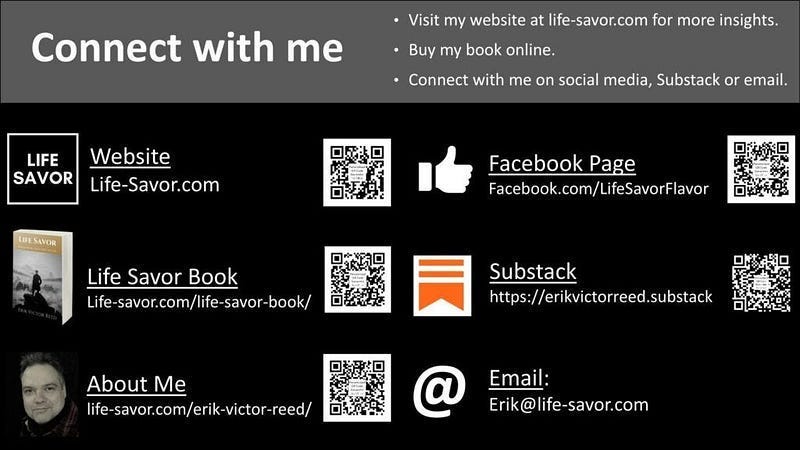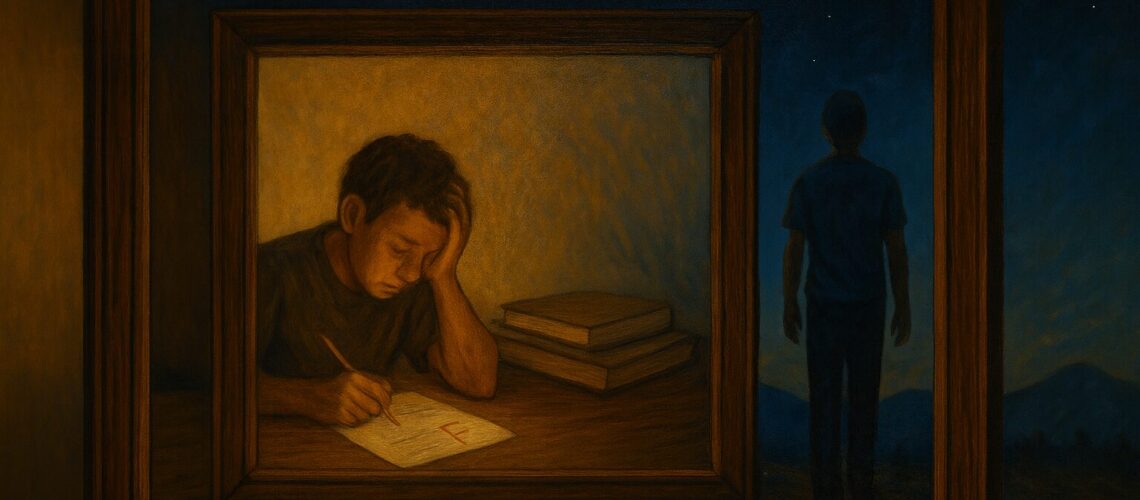From setbacks to scale
Life shrinks and expands depending on the frame we use. A small setback, viewed up close, feels like the end of the world. Pull back the frame, and the same event becomes a blip, a footnote in a larger story.
Sanity depends on this ability to shift scale. Perspective doesn’t erase pain, but it keeps pain from consuming everything. It steadies the lens so we can keep appreciating life even when trouble intrudes.
Why Perspective Matters
We are meaning-making creatures. We don’t just live events; we interpret them. And interpretation magnifies or minimizes their impact. A traffic jam can be an outrage or a pause. A rejection letter can be devastation or redirection.
When we lose perspective, we magnify molehills into mountains. We forget that life is long, that mortality shortens it, and that the little inconveniences rarely deserve the weight we give them. Perspective is not denial. It’s proportion.
The Big Picture
Picture a student failing an exam. For days, despair sets in. The future feels ruined. But five years later, that same exam is a distant memory, eclipsed by friendships, travels, work, love.
The event didn’t vanish. Its scale changed. What once loomed as catastrophe shrank to anecdote.
We live this again and again — griefs that once seemed unbearable but soften with time, frustrations that feel overwhelming but fade into irrelevance. Perspective is simply remembering that time will shift the scale whether we want it to or not.
Mortality and Scale
Mortality offers the ultimate lens. If we only have so many years, do we want to spend them in outrage over delays, grudges, inconveniences? Or do we want to see them in proportion to the astonishing fact that we are alive at all?
To hold mortality in view is to let small troubles shrink. It’s to remember that the real tragedy isn’t the wrong coffee order or the missed train — it’s missing the miracle of being here.
Practices for Perspective
- Zoom out. Ask yourself: will this matter in a month? A year? At the end of my life?
- Compare scales. A delay at the airport versus the wonder of air travel itself — flying across the world in hours.
- Collect stories. Remind yourself of past troubles that once felt huge but no longer do.
- Anchor in gratitude. Gratitude doesn’t erase setbacks, but it surrounds them with abundance.
Perspective isn’t about minimizing real suffering. It’s about refusing to let minor suffering block the view of life’s larger gift.
Reframing Criticism
Two coworkers face the same criticism. One spirals — anger, resentment, sleepless nights. The other feels the sting, but reframes: “It’s one opinion, one day. I’ll learn, I’ll improve, and tomorrow will bring new chances.”
The difference is not in the event but in the scale applied. One narrows life to a single bruise. The other stretches life wide enough to absorb it.
Shifting Perspective in Practice
It helps to practice deliberately. Some people keep journals where they record setbacks alongside their eventual fading. Others set “mortality alarms” — reminders that time is finite, and that most frustrations won’t matter in the span of a lifetime.
Even rituals can help: lighting a candle, taking a walk, listening to music — each an act that widens the frame, reminding us that the world is larger than our current annoyance.
Closing Thought
We can’t stop troubles from arriving. But we can choose the frame through which we see them. A life shrunk to the scale of every setback will feel unbearable. A life stretched to the scale of mortality and miracle will feel abundant.
So when perspective narrows and frustrations loom, pause. Zoom out. Widen the frame. And remember: in the scale of existence itself, the fact that you are here at all is already a great victory.
For more like this, visit the broader project at life-savor.com, or explore the Life Savor book itself.
To learn more about Life Savor’s philosophy,
read Life Savor: Treasuring Our Gift of Life by Erik Victor Reed.








